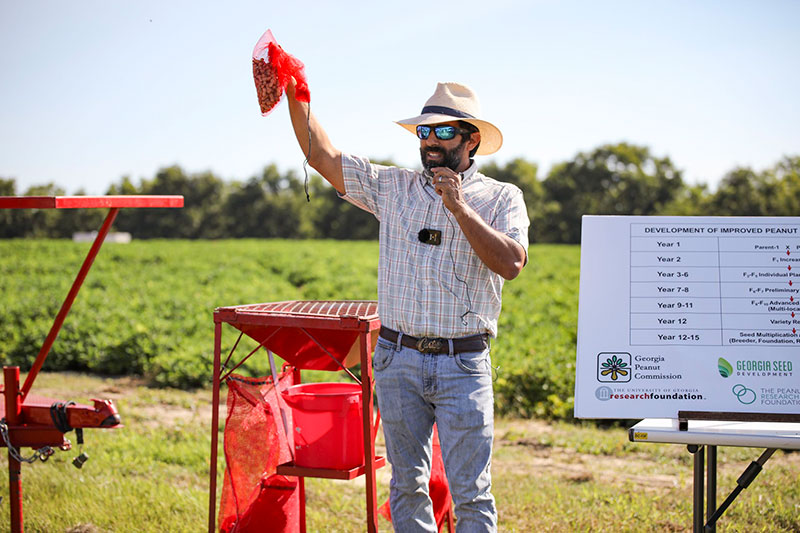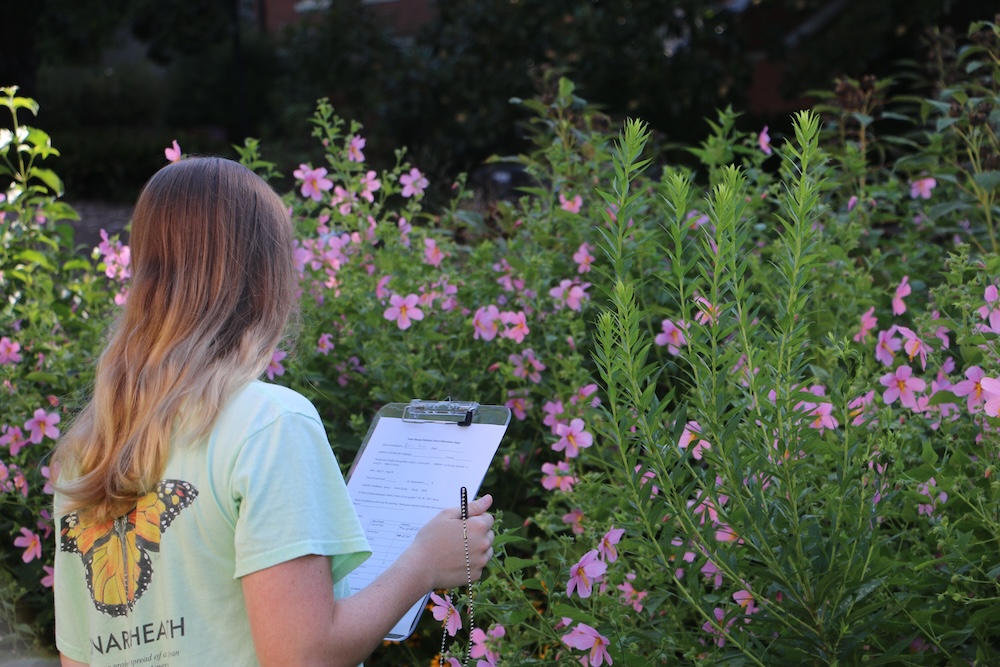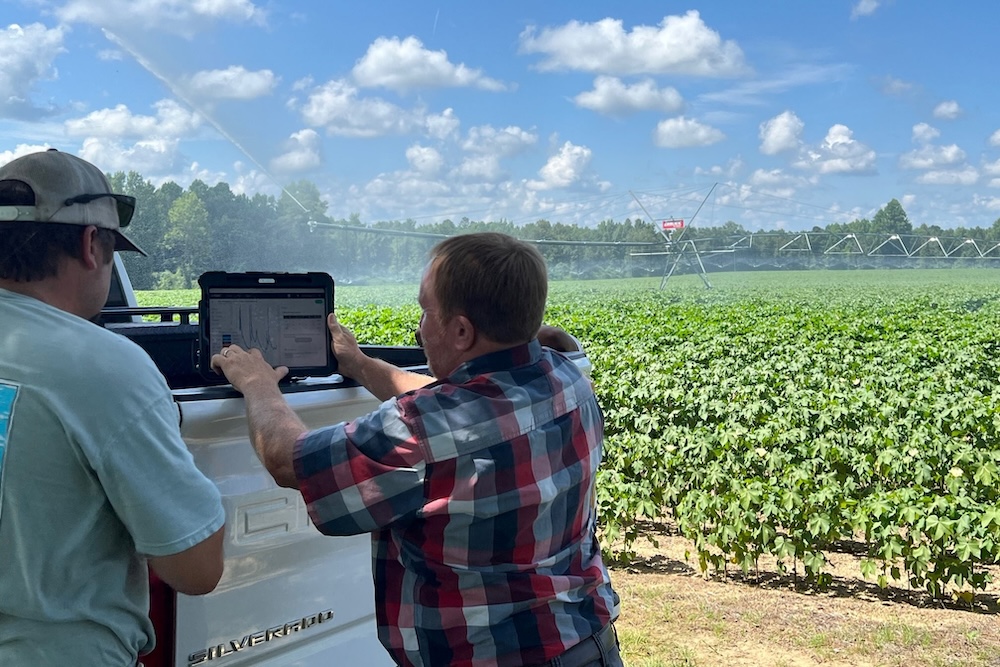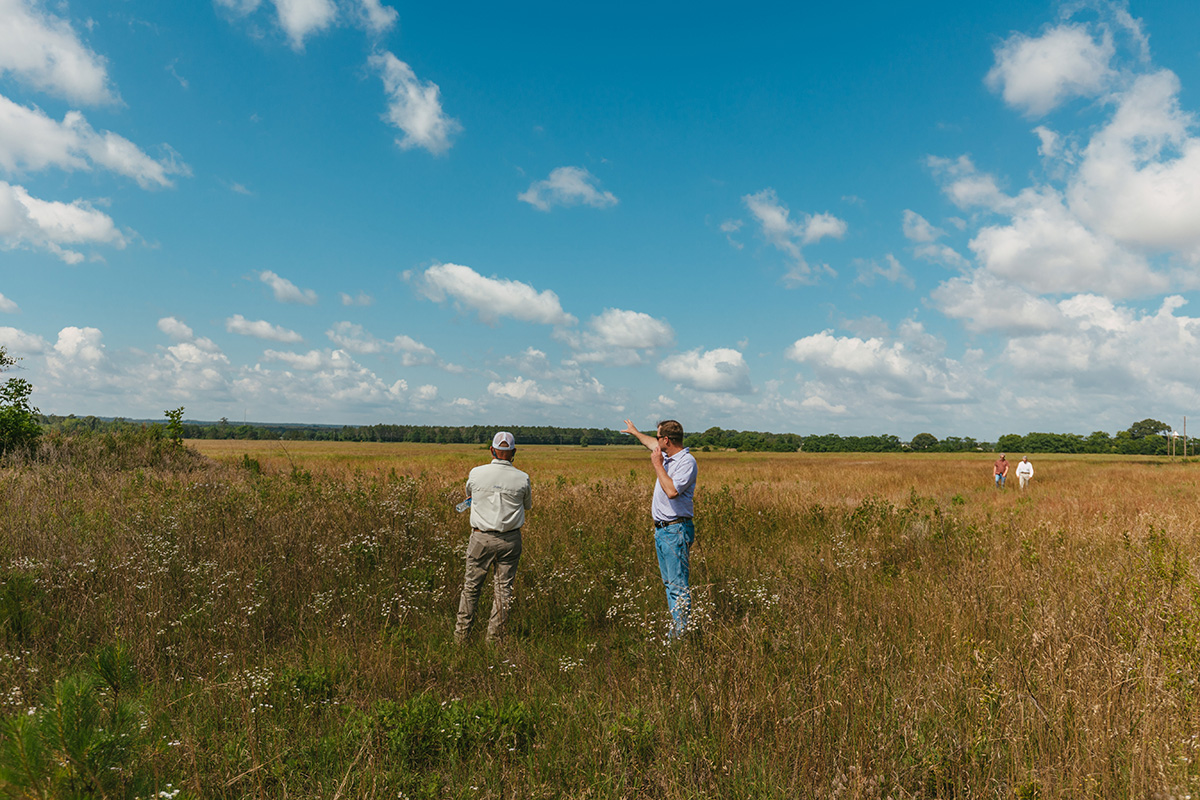 CAES News
CAES News
Scratching the Surface
Researchers in the University of Georgia College of Agricultural and Environmental Sciences are studying how pastured and free-range chickens impact ecosystems on integrated crop-livestock farms. Supported by a $749,000 grant from the U.S. Department of Agriculture’s National Institute of Food and Agriculture, entomology doctoral student Sofia Varriano and her thesis advisor, agroecologist and systems biology Professor Bill Snyder, are testing the promise of integrated crop-livestock agriculture to increase the sustainability of smaller farms.





.jpg)


